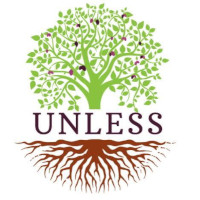Cultivating Sustainable Communities through Open Source Orchards
Open source orchards are a revolutionary concept that involves planting fruit and nut trees in public spaces, such as schools, churches, and community gardens. They provide a local source of fresh produce, promote sustainable agriculture practices, and build stronger ties between communities. Fruit and nut trees can produce a significant amount of food over their lifetime, and because they are perennials, they require less maintenance than annual crops. This means that open source orchards can provide a reliable source of food for years without destroying the soil.
“The greatest victory is that which requires no battle….”
Sun Tzu
Open Source Orchards as Educational and Environmental Hubs
In addition to providing fresh produce, open source orchards can also serve as an educational resource for the community. Schools and churches are natural hubs for education and community outreach, and planting fruit and nut trees can provide an opportunity to teach people about sustainable agriculture practices, nutrition, and environmental stewardship. Open source orchards have the potential to play a significant role in creating a food secure and sustainable future. By planting fruit and nut trees in public spaces, we can provide a source of fresh produce, promote sustainable agriculture practices, and educate our communities about the importance of local food systems and environmental stewardship.
By embracing this approach, we can create a future where everyone has access to fresh, nutritious food, and where our food systems are in harmony with the natural world. However, to reach their full potential, it is crucial to address potential challenges such as land access, funding, and maintenance. Governments, private organizations, and community groups can work together to address these challenges and ensure the success of food through open source orchard projects and provide a promising solution to promote community health, wealth, and environmental stewardship.
“There are risks and costs to action. But they are far less than the long range risks of comfortable inaction.”
John F Kennedy










